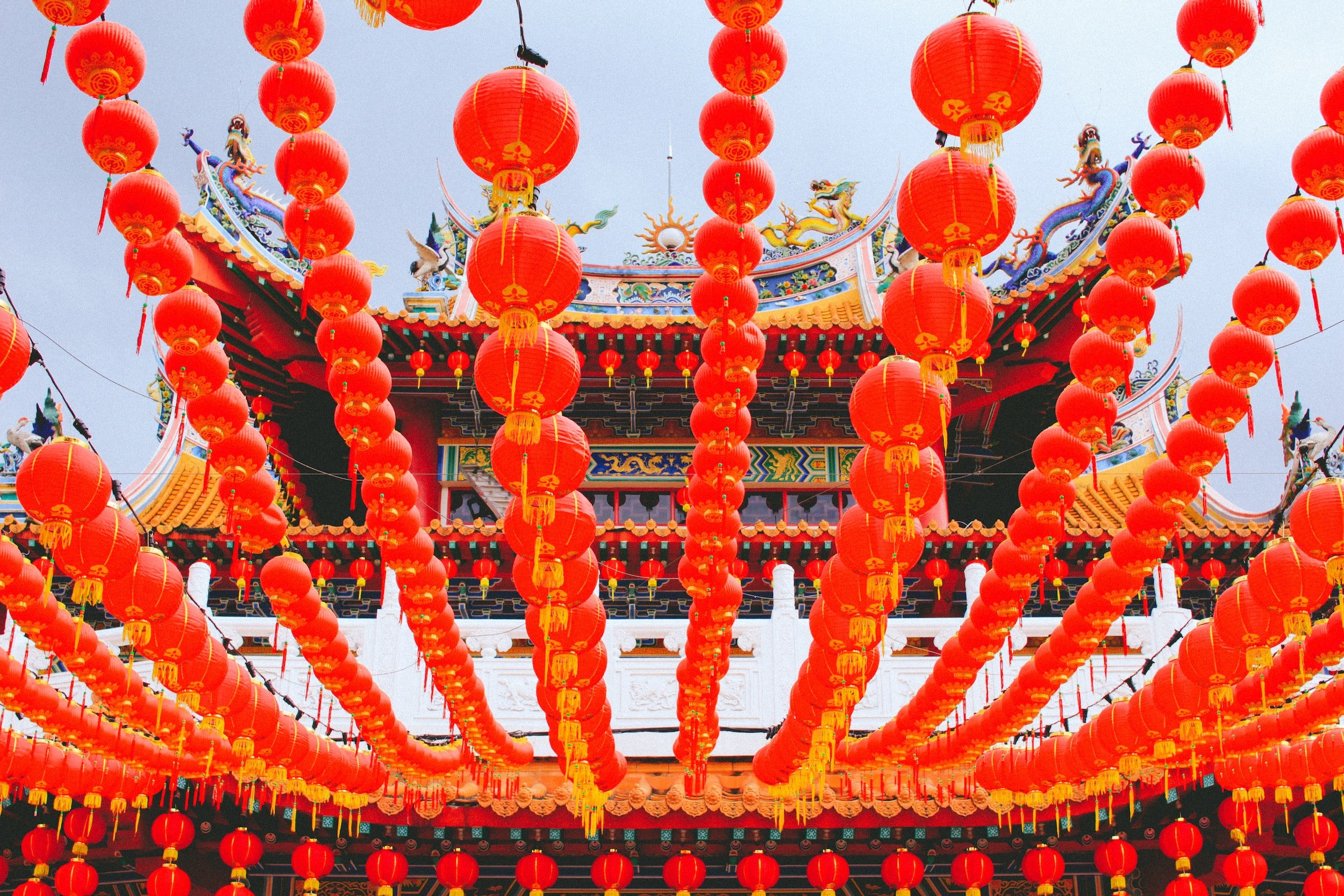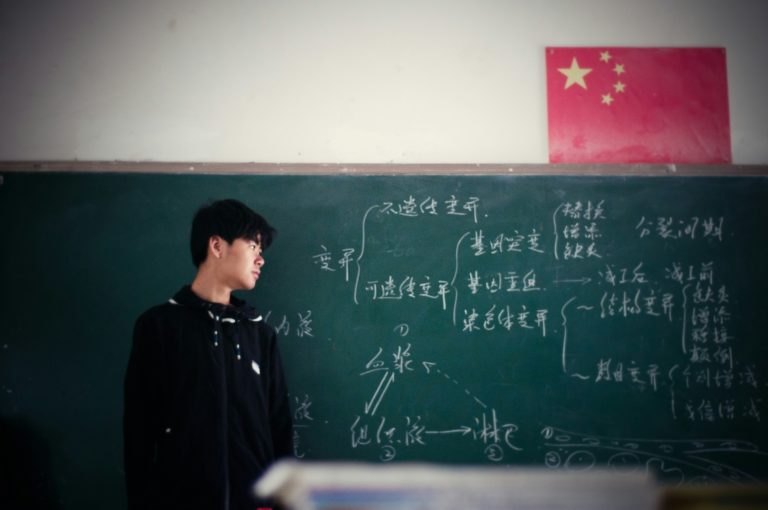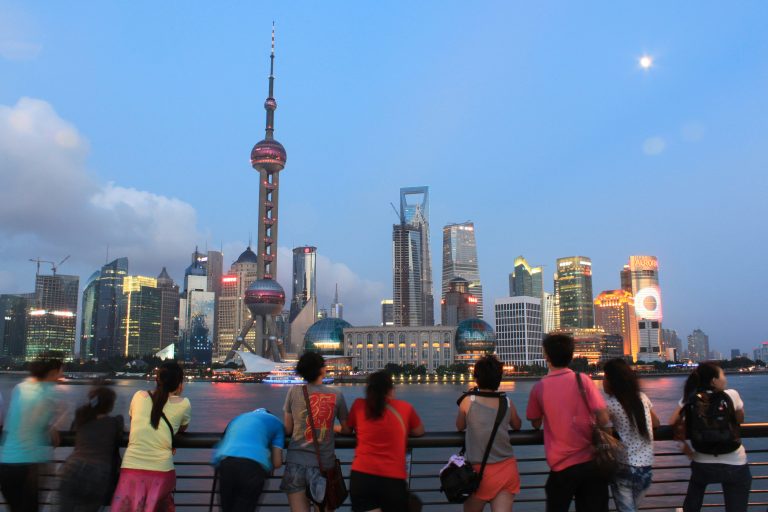
Editor’s note: China Partnership recently interviewed Hannah Nation, co-editor of the Faithful Disobedience, a collection of writings on church and state from the Chinese house church movement. The book is composed primarily of writings from Wang Yi, a prolific pastor and thinker who is currently imprisoned. Nation shares how Chinese Christians can speak to American politics and how Wang Yi’s eschatology encourages him to persevere in suffering. She also opened up about why she is more interested in sharing what Chinese Christians believe than in holding their lives up as examples.
This is the second of a two-part series; the interview has been edited and condensed for clarity and length.
China Partnership: Does it matter whether American Christians understand the political situation of the Chinese house church, which is what the first section of the book is about?
Hannah Nation: In the American church, you have left and right. It feels like, in the light of Wang Yi’s thoughts on things, churches on the right tend to accurately understand the potential risks for the future of Christianity in America. They understand the increasing marginalization and the risks we face as a marginalized people. At the same time, I think they fail to see that our idols of power will not save us from that future. The extent to which the church fears marginalization is the extent to which it is trying to grab power to save itself.
“Hearing from someone outside of our context is extremely helpful. Because they are not in our context, they are not beholden to that left-right divide… Hearing from someone who is not dealing with our categories or polarization gives us an opportunity to put the correct sides of both together.”
On the left, there is an accurate and good critique of the ways American Christians have leaned on cultural and political power to defend themselves, and the compromises that has required of us. But I think they are not taking seriously the stakes and the risks that there are to the church in an increasingly secularizing America.
It is often hard because there are accurate things to be said on both sides. Somehow we have bifurcated them into a left or right polarization. This is where hearing from someone outside of our context is extremely helpful. Because they are not in our context, they are not beholden to that left-right divide. They are not in our political system. They are not constrained by the ways we have put things on one side or the other. Hearing from someone who is not dealing with our categories or polarization gives us an opportunity to put the correct sides of both together. It gives us a chance to hear a comprehensive and holistic critique that criticizes both the left and the right in America today.
Our churches need to hear that critique and to be willing to have soft hearts – on both sides – where we are getting it wrong. Our churches need to hear that there is a threat, but also what our response to it ought to be. That is where the global church has a lot to teach us. They can teach us to recognize and identify where we are in danger, but also critique and rebuke us in our responses. Wang Yi does both.
CP: The last section of the book is called “The Eschatological Church and the City.” How does their understanding of the direction of history change the way Chinese Christians view their current circumstances?
Nation: Not all Chinese Christians and not all house churches agree with Wang Yi. The End Times have always been prominent in the house church understanding of itself, the world, theology, and its conflict with the state. But how house churches have understood the End Times has varied. Figures like Wang Mingdao and Watchman Nee had more fundamentalist perspectives on the end times and a more “Christ against culture” perspective on China and Chinese culture. Wang Yi is Reformed. He believes Christ’s return will be the fulfillment and the redemption of the world, as opposed to its destruction. He is clear on the Christian’s call to love and serve the city, to work in preserving the city, being salt in the city, and doing good in order to redeem it.
Never miss a story
One of the most important passages in the book for understanding this is in a chapter called “The Cross and the Landfill.” This is one of my favorite things I have worked on from him; it’s short, but the descriptions are a good example of his ability to clearly illustrate. He talks, in a Calvinistic way, about how the world is like a landfill: a broken world with a lot of trash and garbage in it. Wang Yi says the church is like a ballet dancer, dancing in the landfill. The contrast between the landfill and the beauty of the ballet dancer heightens our anticipation of the beauty to come. We dance in this landfill in order to point to the redeemed world we await. When the dance is performed on a stage, it will be even more amazing. But in the meantime, the sight of the landfill whets our appetite for what is to come.
”“God’s kingdom is here and is real. We are not stuck, but are going somewhere. We have an end destination. By following a king and a kingdom, we can endure the landfill.”
Throughout his writing, Wang Yi focuses on the way people persevere in suffering. We maintain our allegiance to Christ alone, above others, by understanding we are already in a heavenly kingdom. God’s kingdom is here and is real. We are not stuck, but are going somewhere. We have an end destination. By following a king and a kingdom, we can endure the landfill.
A lot of Chinese theology is eschatological. I have heard a lot of people say, and am persuaded myself, that Communism and many Chinese ideologies themselves have a certain eschatology. The fight over China is a fight over big questions of ultimate meaning in life, and whether the Chinese Communist Party is allowed and is able to determine this. That is where Wang Yi is resolute and clear. He says only King Jesus can offer ultimate meaning. No earthly power can create meaning for people.
CP: In the conclusion, you wrote, “Persecution does not automatically make a person a more sanctified Christian. Nor does it necessarily clarify one’s thoughts and beliefs. As Jesus’ disciples’ responses to his crucifixion remind us, fear can cause people to do and say many things they severely regret.”
How does this influence the way you encourage others to interact with the writings in this book?
Nation: I have thought a lot about this. I am always in a weird position of encouraging people to learn from Chinese pastors, but also always saying, “They are sinners just like you and me.” What am I really telling people to model themselves after?
This is an important question, because so much Christian literature throughout history has been hagiographic, meaning we take people that we recognize have been great Christian heroes, and tell others to model their life after them. Everything in me does not want to do that with these Chinese pastors. Scripture is the prime example that all Christians are really messed up people! Scripture is unflinching in showing in showing how problematic people are.
That is why, so far, I have been more interested in sharing the theology of Chinese pastors than in sharing biographical stories. I do not want to put them on a pedestal, because I do not think it is good for us or for them. The only thing I would say ought to be emulated is their love for and reliance on Jesus, and their quickness to live lives of repentance. Not everyone embodies all of those things, and not even the people who do embody those things embody them all the time. In Scripture, the only time we are told to emulate the disciples is when they are repenting. Scripture tells us to emulate Jesus, and points to Peter and Paul, in their failures, as examples of what it means to follow Jesus.
”“Understanding how they see and understand Jesus is more important than holding up and pointing to the amazing and remarkable things about their lives. To me, the interesting question about their lives is what they believe about Jesus that allows them to remain faithful.”
We have to be careful not to have narratives of persecuted Christians as heroes. They are fallen people, just as much at risk to do terrible things as any of us. Suffering and persecution can sanctify us, but they do not create people who replace Jesus in our imagination. Only Jesus fulfilled his mission on earth without sin. None of these people have ever been able to fulfill their calling in life without sin.
When I tell people to pay attention to the church in China, it is not because they are holier or more sanctified. It is simply to say, “There are people just like you and me, and they are counting the cost and continuing to follow Jesus. Are they sinful? Yes. Are they problematic? Yes. But are they faithfully continuing to walk in the midst of persecution and suffering? Yes. Here is what is motivating them to do so.”
Understanding how they see and understand Jesus is more important than holding up and pointing to the amazing and remarkable things about their lives. To me, the interesting question about their lives is what they believe about Jesus that allows them to remain faithful.
Hannah Nation is the Managing Director of the Center for House Church Theology. A prolific writer and student of missions history and World Christianity, she is inspired by this historical moment and the privilege of witnessing a new chapter in church history unfold across China.
FOR PRAYER AND REFLECTION
Pray for the global church to be encouraged and spurred on by the Chinese church’s worship of God.


































